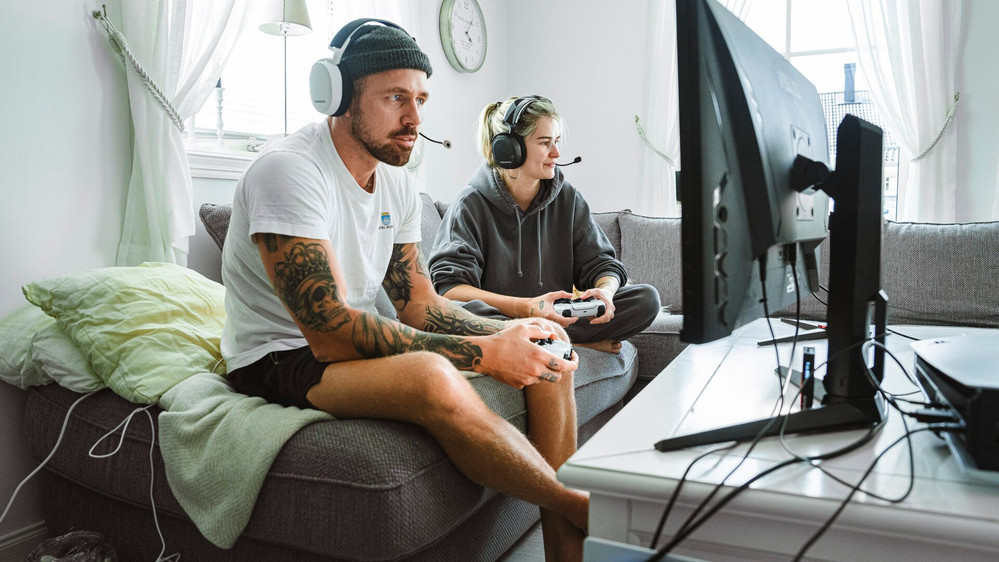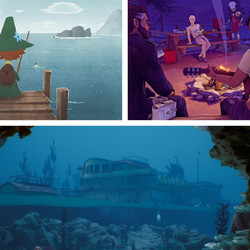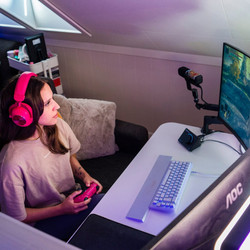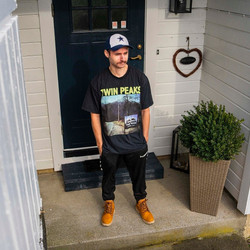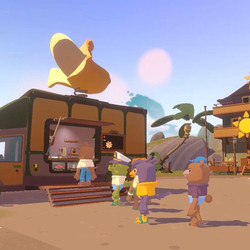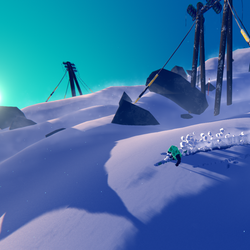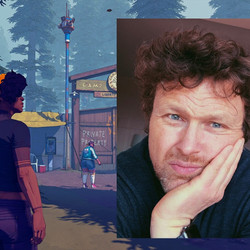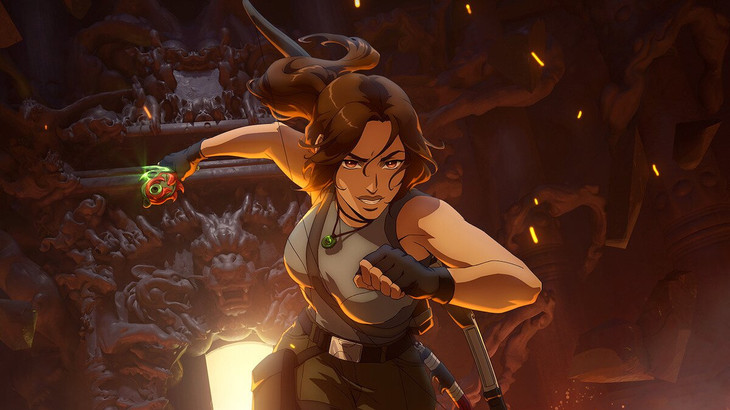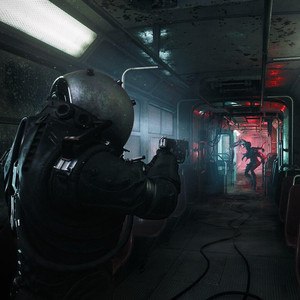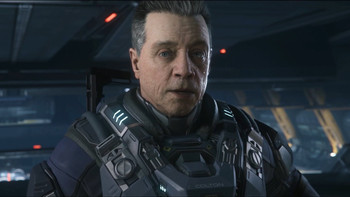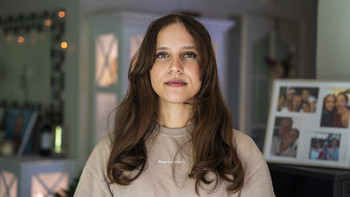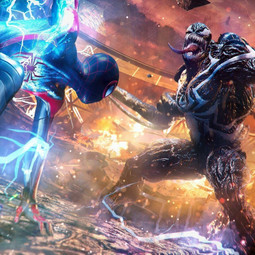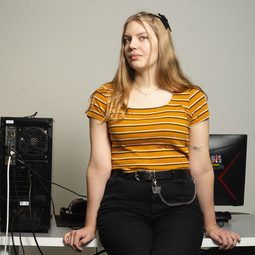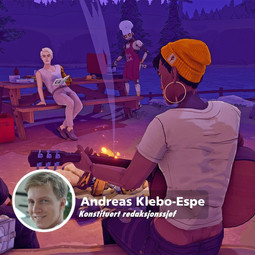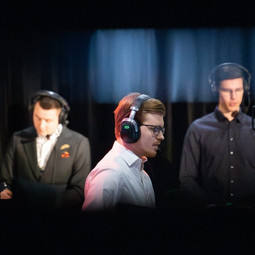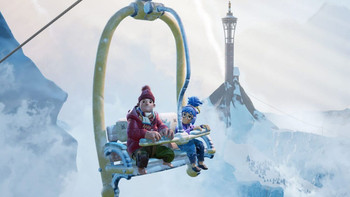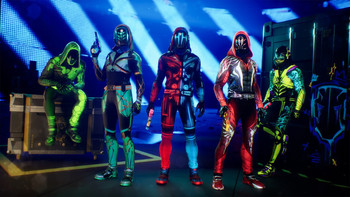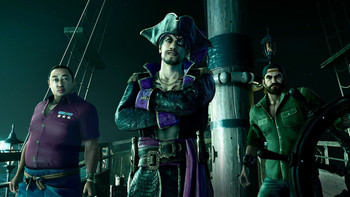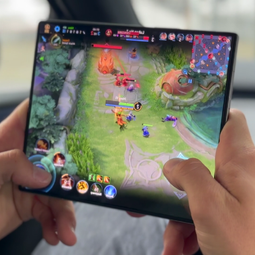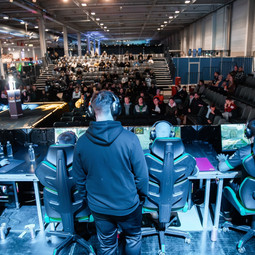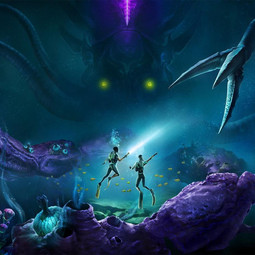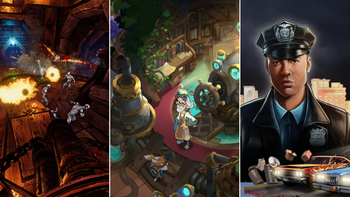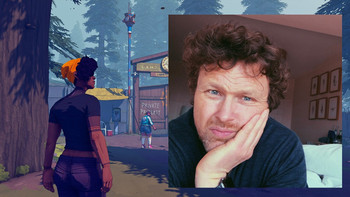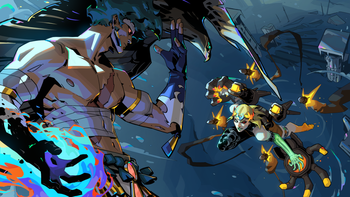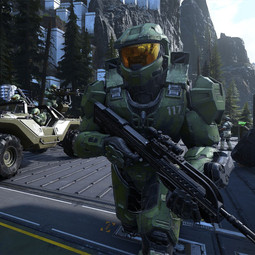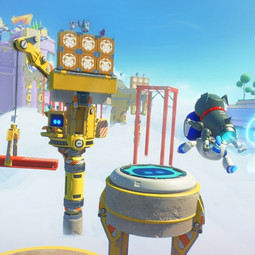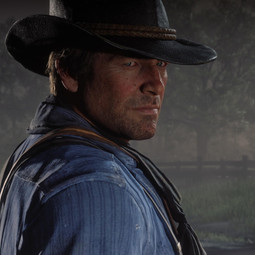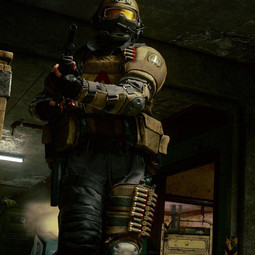This article has been translated from Norwegian.
Michelle Steen Bjørlo (27) and Espen Svensson (37) had gone through two miscarriages, but now they were just three weeks away from welcoming a little boy into the world.
They were filled with joyful anticipation to meet little Matheus.
Night had fallen over the little Norwegian city of Arendal when Espen came home from work and training.
Michelle’s car was gone from the driveway.
She should have been home.
Just a few days had passed since Michelle’s friends had thrown her a baby shower.
It was so close now.
Could this be the night?
ESPEN FUMBLED for his phone. The screen lit up with missed calls and messages.
Michelle had gone to the hospital.
Espen rushed to the car and floored the gas pedal.
Could the labor have already started? Was he going to become a father this late July evening?
He called Michelle, but got no answer.
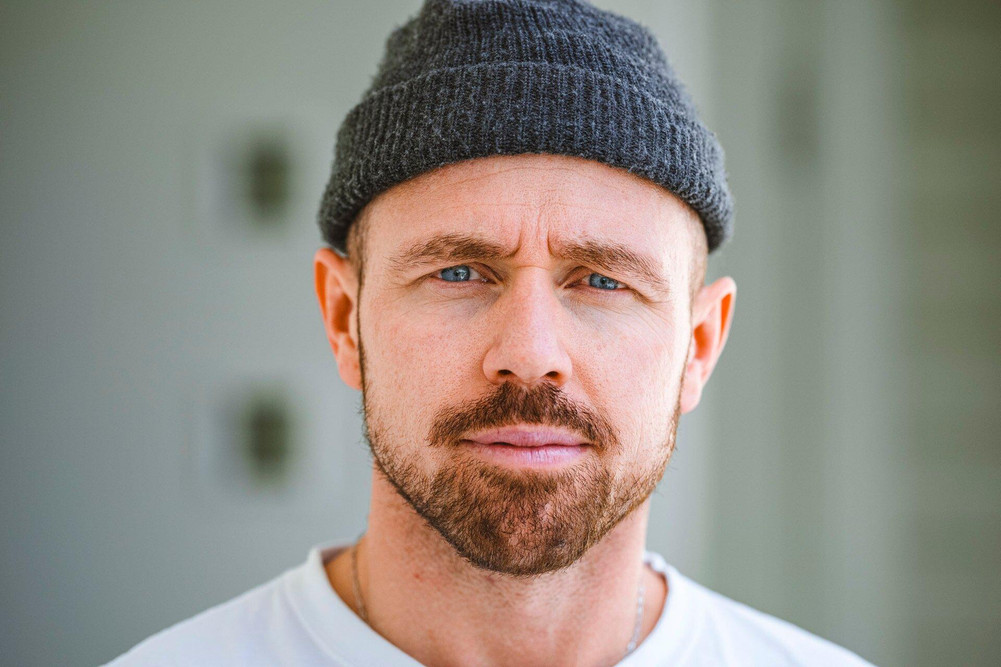
At the hospital, he was met with locked doors. A security guard let him in and guided him to a waiting room, where he found his partner lying on a bench.
Crying.
Espen thought the birth had started, but before he could say anything, the midwife cut in:
They couldn’t find a heartbeat.
MICHELLE HAD felt her son moving just a few hours before. A routine check at the health center earlier that week had shown that everything was fine.
She didn’t think much of the stillness in her belly that evening. The phone call to the hospital was mostly for peace of mind.
Michelle took the dog with her in the car, thinking she could go home later that night.
When the midwife couldn’t find the heartbeat, Michelle knew what was happening. It felt like a punch to the face.
The couple was led into another room for an ultrasound.
The doctor was brief.
"I'm sorry, there’s no life," he said.
"IT WAS the worst thing I’ve ever experienced. I can’t describe it," says Espen.
They still clung to some hope that everything would be okay. That it was just some nightmare they could wake up from.
Two days later, on July 6, 2023, Michelle gave birth to little Matheus Steen Svensson.
He was 47 centimeters long and weighed 2960 grams.
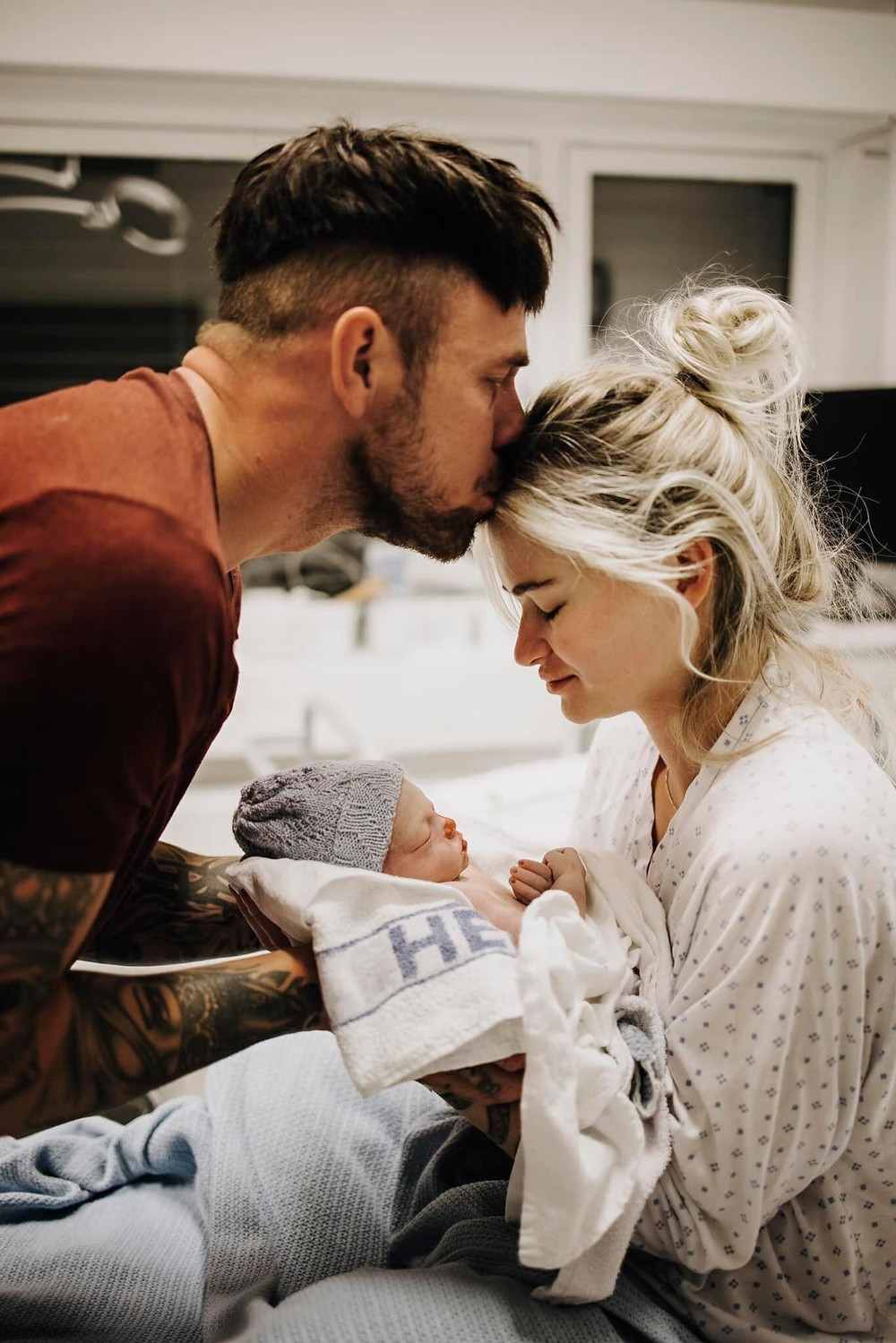
There were no cries, no tears. Just silence.
Complete silence.
A few rays of sunshine broke through the curtains and illuminated Matheus as he lay on his mother’s chest, and they almost felt a kind of presence.
He was perfect in his parents' eyes.
They were proud and held their child in their arms for the first time, the son they would never see grow up.
AFTER THE FUNERAL, grief overwhelmed Michelle.
It became difficult to relate to other people, even Espen. She often found herself lying in her bedroom with the dog, unable to put the feelings and thoughts that ravaged her into words.
She felt like she didn’t want to talk to anyone who hadn’t experienced something similar. A grief support group at the hospital in the nearby city of Kristiansand became crucial for the couple.
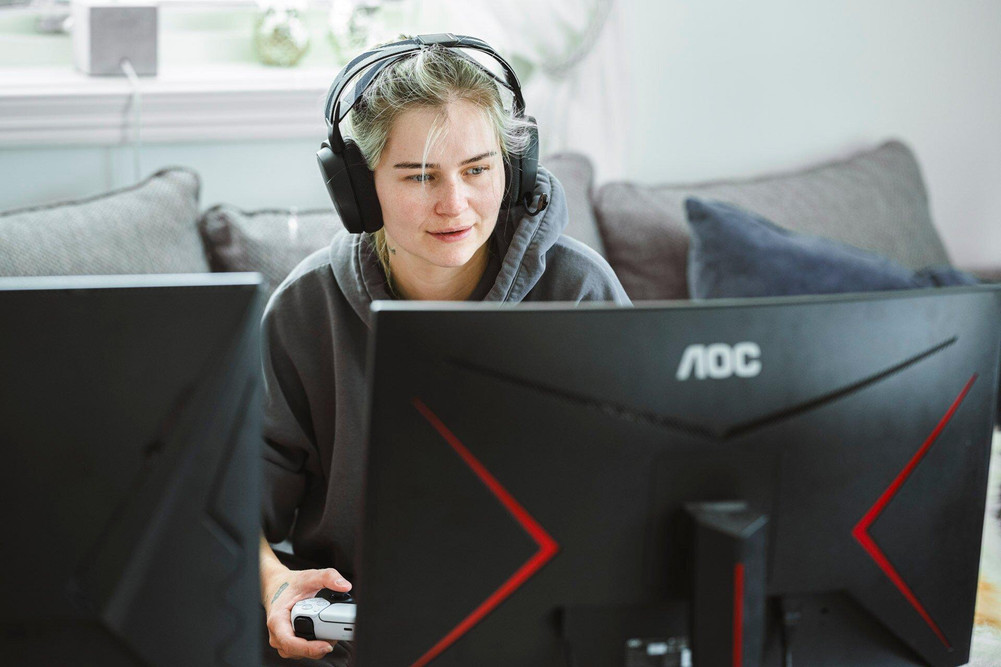
"You think the most terrible thoughts after going through something like this," Michelle says.
Espen struggled to look people in the eye. He felt naked.
Michelle felt like he was at a different stage of grief, and they struggled to communicate.
Most of all, they felt an endless loneliness, even when they were together.
THE COUPLE has always played a lot of video games together.
They set up each of their own screens on the living room table, and immersed themselves in Call of Duty and Fortnite on PlayStation after the funeral.
There, they could talk to friends, meet people who knew nothing about what had happened, and just be themselves.
Most importantly, they could talk to each other, which was hard enough.
The games allowed them to start fresh.
Days blurred together. They got up, ate, played, ate, went to bed.
"People have many prejudices against video games, but they’ve always been a very important part of my life. Gaming was therapy in our grief," says Espen.
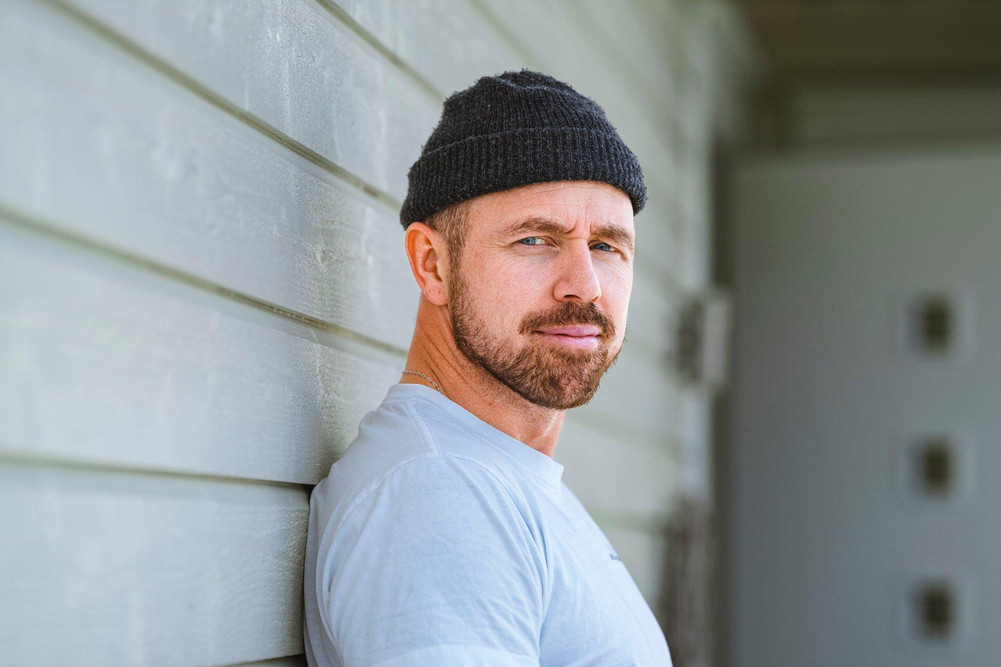
"It’s a world where you can feel accomplishment. If we hadn’t played, we would have just stayed in bed and slept. And then the thoughts would come."
"Couldn’t gaming be a way to postpone the grief?"
"I’ve thought about that. The doctor warned me that going back to work would have that effect, but when life is at its worst, I can play video games and feel them lift me up. It’s not the same."
"Could it have been any hobby?"
"For me, it had to be gaming."
WORK LOST its meaning for Espen.
He started early at his job as a home nurse for Arendal municipality, but it didn’t work out.
Espen took out a partial sick leave.
The road back has been long and hard.
Helping others, while his own world was collapsing around him, demanded more than it gave. He could barely take care of himself.
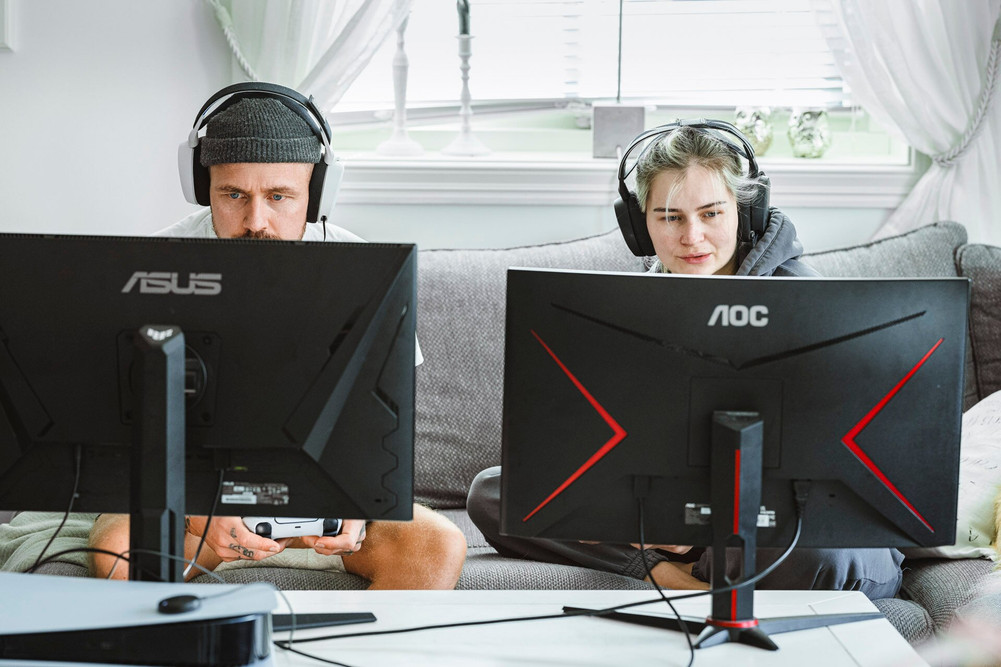
"My job means a lot to me, but at that time, it felt completely meaningless. It was hard to keep up appearances for the patients. And I couldn’t just escape those situations."
At home, Call of Duty became a kind of escape from the grief and a source of joy.
A combination of therapy, conversations in the grief support group, gaming, and talking to each other helped lift them from the darkest depths.
DAILY LIFE was heavy.
But when a game invite popped up on his phone during work, Espen found himself looking forward to coming home.
They got tired of messages like "how are you" and "how’s it going," but simple texts like "we’re logged on, are you coming?" or "we’re waiting for you" gave them a sense of happiness.
"Playing gives me energy. Some people have coffee in the morning to wake up; for me, it’s gaming," says Espen.
"Gaming has been a big help for us," Michelle says.
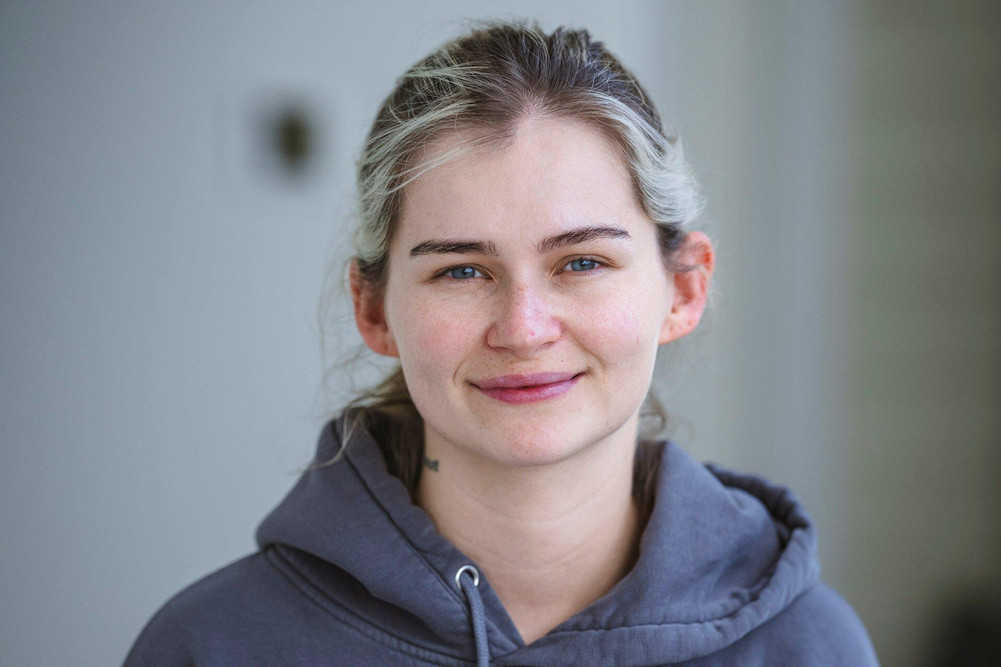
Different games have allowed them to explore, feel mastery and thrill, experience new things, and made it easier to talk to other people.
It helped pass the time and pushed away the dark thoughts.
"It felt good to have joy in our lives again. I think it’s been really good for us," Espen says.
THEIR GAMING FRIENDS became an anchor.
No pressure, no heavy conversations.
Just joy.
They could hide behind the screens and let time pass.
Their gaming buddies even showed up at the funeral to support Espen and Michelle.
One of their clan members has gotten a tattoo in honor of the son they lost.
Espen has started studying mental health and substance abuse alongside work, and believes that gaming has a positive effect on the mental health of gaming enthusiasts.
"Games have both positive and negative sides — like everything else in life. It’s about finding a balance. But without gaming after our loss, we wouldn’t be where we are now, and we wouldn’t have this group of friends in our lives."
LISS ANDA is an associate professor of psychology at the University of Stavanger. Gaming has been with her since childhood.
She believes it’s wrong to call gaming therapy, but thinks it can be a useful coping strategy against grief for a period.
It’s one tool in what should be a well-stocked toolbox.
"First and foremost, gaming is a distraction. You postpone your feelings to think about something else, and that can be helpful in the short term. But you don’t process trauma by gaming. You postpone it," she says.
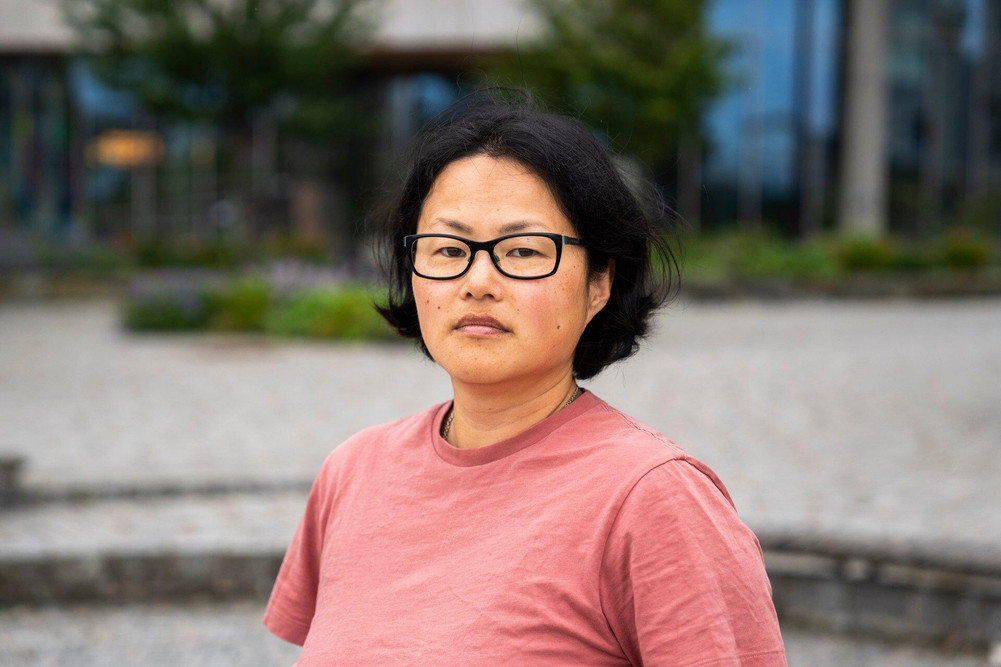
In a video game, you have more control of the social situation, Anda explains. You don’t need to look others in the eye, answer questions, or talk.
You can log off if it gets uncomfortable, without negative social consequences.
"Gaming reduces the intensity of social interactions, which can be very useful in a vulnerable situation," she says.
GAMING ALONE, though, is rarely enough, says Anda.
Humans are social creatures and need to talk to others.
"You need to be with other people, learn to be yourself, and live life as it is after what’s happened. And it’s almost always helpful to see a therapist."
She compares finding the right therapist to searching for a partner. Even if you don’t marry the first, second, or third partner, you don’t give up on love.
Sometimes you have to try a few times.
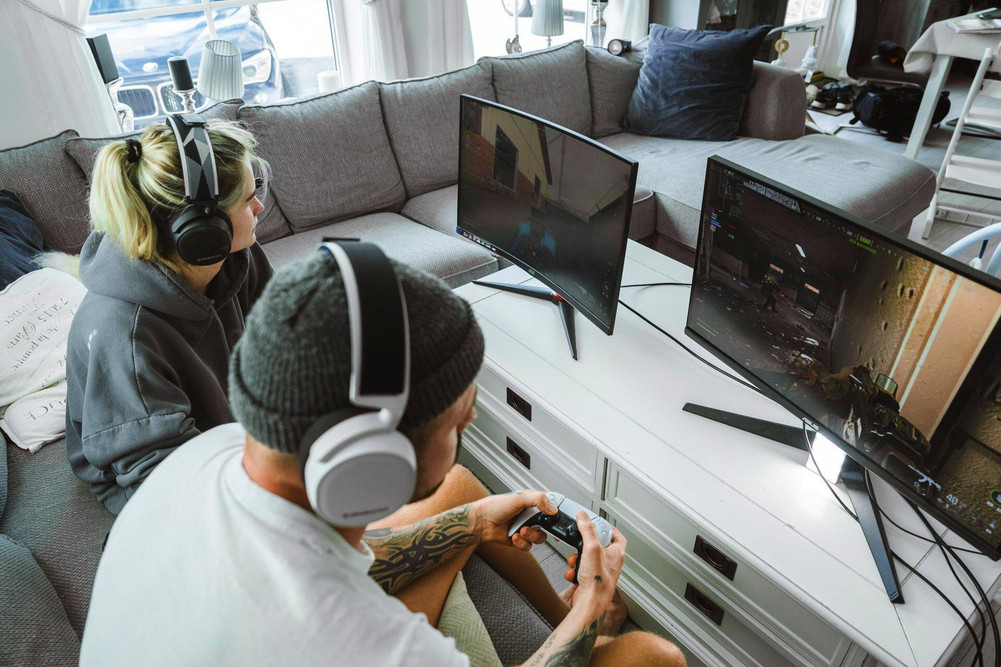
And when life is at its toughest, it’s important to remember to take care of yourself. Eat enough food, keep a regular routine, get outside in daylight, and move your body.
"And you shouldn’t think it’s dangerous to feel bad. It’s easy to feel ashamed when you’re in pain. If you lose a child, no one expects you to handle it well right away. It’s okay to take the time you need."
"Gaming can be a good supplement to help you get over the loss, but you also have to move on with life," says Anda.
JUNE 6TH this year, Mathea Steen Svensson was born. One month before Matheus would have turned one.
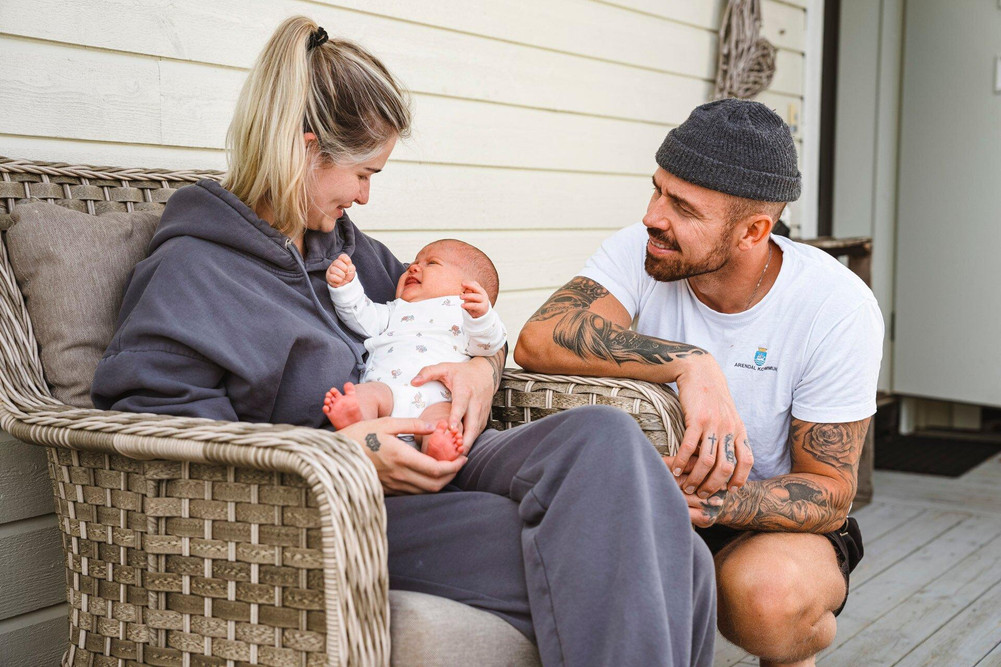
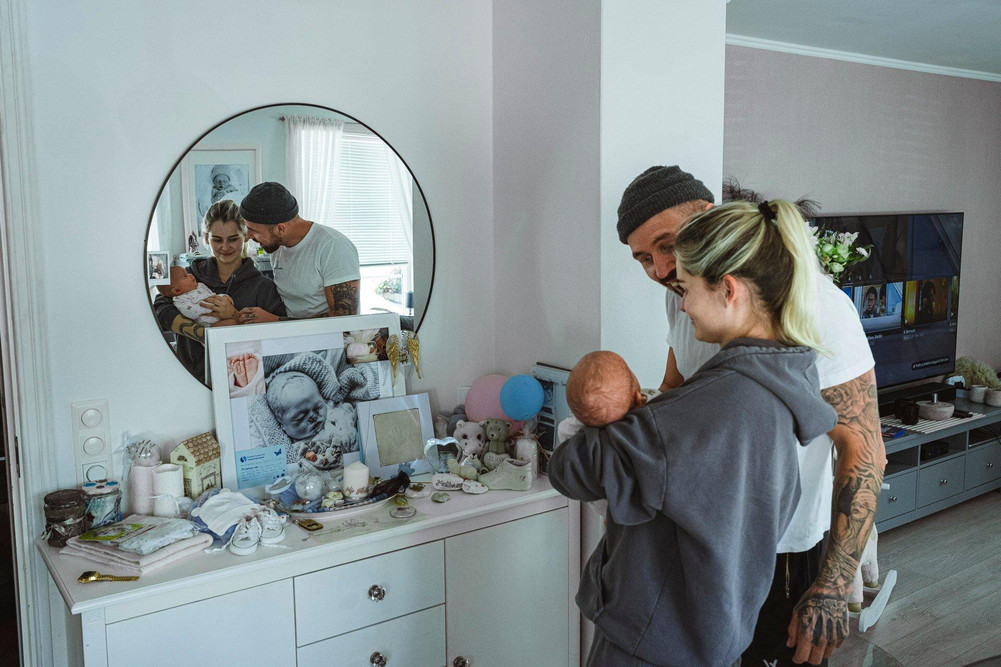
She has filled a void in the lives of her parents.
Mathea will grow up knowing she has an angel by her side, Espen says. If it hadn’t been for Matheus, they wouldn’t have had Mathea so soon.
They miss Matheus terribly, but he will follow them in their hearts and memories.
Forever.
This article was created with support from Fritt Ord, and is part of a series that explores the use of gaming as support during difficult times.
